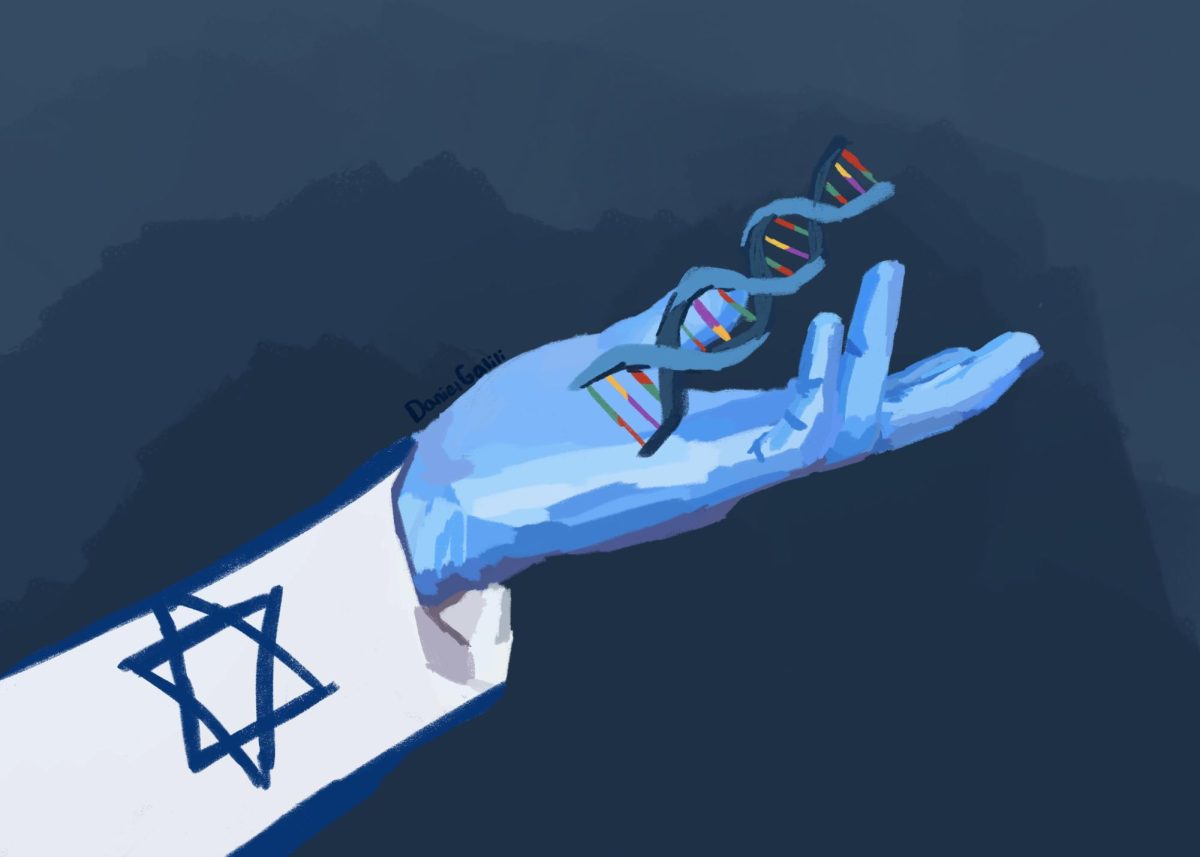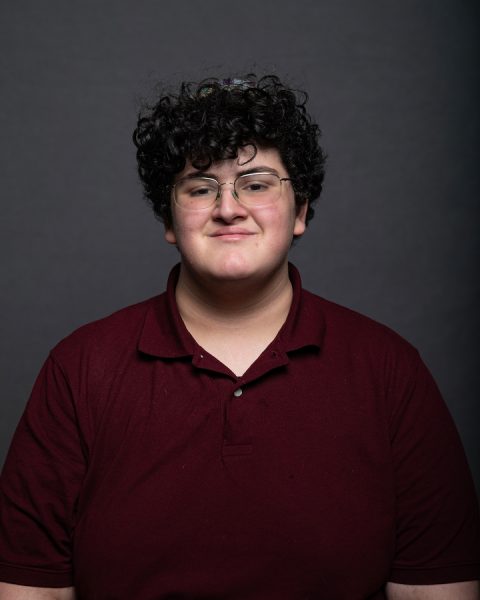With the rise in modern medicine, debates within modern halacha (Jewish law) have emerged regarding the ethics of new advancements, including genetic editing. A major question within halacha is whether genetic editing treatments should be permitted for treating diseases, altering DNA, or not permitted at all.
Clustered, Regulated, Interspaced, Short, Palindromic, Repeats—CRISPR Associated Proteins, or CRISPR-Cas9 for short, is a treatment that has revolutionized the scientific community’s approach to genetic editing. CRISPR can edit DNA sequences, offering potential treatments for many chronic illnesses and even cancer and possibly preventing these conditions from being passed down to future generations.
However, with CRISPR you can edit your physical appearance and relatively any genetic material. This raises questions about where the line should be drawn between healing and enhancement. While I strongly believe CRISPR offers immense potential, its use must align with ethical boundaries.
CRISPR-Cas9 is a naturally occurring process long found defending single-celled bacteria and archaea against invading viruses.
CRISPR-Cas9 uses two main components, CRISPR and Cas9. Which work together. Cas9 is a guide for CRISPR, leading it to a protein-specific DNA sequence It then acts as molecular scissors, cutting the DNA. Depending on the type of repair, CRISPR will either allow for the DNA to rebuild itself, or commence rewriting modifications in the genetic code. In recent years numerous cases have used this “copy and paste tool.” Including treatments for sickle cell anemia and efforts to prevent mosquitoes from carrying malaria.
However, using CRISPR for non-life-saving purposes, such as enhancing appearance, intelligence, or athleticism, falls into the category of “challenging the divine order.” After all, how could God make an error in the creation of people? Using CRISPR as a tool of enhancement is unethical as the effects are unknown.
Enhancements are done in many ways; for example, Somatic gene editing modifies an individual’s genes without affecting their offspring. It can be used to treat diseases or change physical traits like eye or hair color. Germline gene editing involves editing the genes of gametes, and reproductive cells, to create permanent changes in future generations, and it can be used for relatively the same purposes as Somatic gene editing.
The idea of editing future generations for superficial purposes is especially troubling, as it prioritizes aesthetic or societal preferences over the sanctity of human life. The Torah teaches in Genesis 1:27 that “God created humankind in the divine image, creating it in the image of God—creating them male and female.” This statement reminds us that we are created B’tzelem Elokim (in the image of God), and altering our image for superficial reasons undermines the sanctity of the reasoning behind each person’s unique creation.
Over 500 genes have been identified as playing a role in regulating human intelligence. However, the potential impacts on personality, emotions, and behavior remain unknown. This uncertainty about the consequences of CRISPR is why we must avoid editing human intelligence; the inability to fully understand and predict the consequences of such actions conflicts with the ethical imperative to preserve the sanctity and integrity of human life.
On the other hand, treating disease through CRISPR is not “challenging the divine order.” In other words, it does not change God’s plans of life or death (in this context) through extremities in modern medicine. It enables us to utilize the resources God provided on Earth. On top of that, curing diseases through genetic editing aligns with the principles of pikuach nefesh (saving a soul/life).
Other Jewish texts suggest that using CRISPR for therapeutic purposes is permitted. Many modern medical journals refer to what the Rambam (Rabbi Moses Ben Maimon, or Maimonides) writes in his Commentary on the Mishnah, Nedarim 4:4: “The physician is commanded to heal the sick, and this is included in the mitzvah of returning a lost object (Deuteronomy 22:2), as one is returning the patient’s lost health.”
If you are a doctor and you have the skills, access, or ability to cure the ill, you should. Therefore, if a doctor has ethical access to CRISPR treatment, they are obligated to offer it to their patient.
CRISPR is a powerful tool that has the potential to revolutionize modern medicine, agriculture, and the world as we know it. From a Jewish perspective, researching therapeutic applications is not only permissible but imperative. As science continues to advance, halacha will continue to be determined, with emerging questions like genetic justice and boundaries of human intervention.
CRISPR has the potential to be a modern testament to our ability to work under God in the ongoing act of creation. While its power to edit the genetic code can advance medicine and science in remarkable ways, it also calls for reflection on how to wield this responsibility ethically and in harmony with God’s will.








